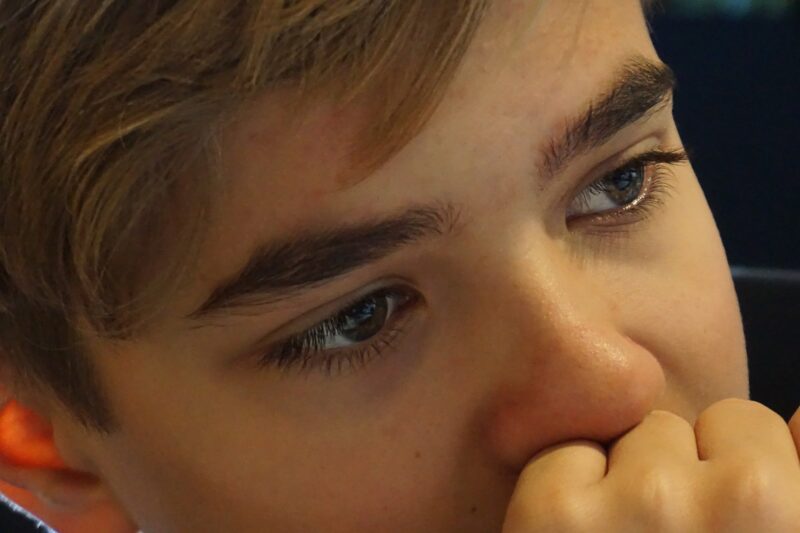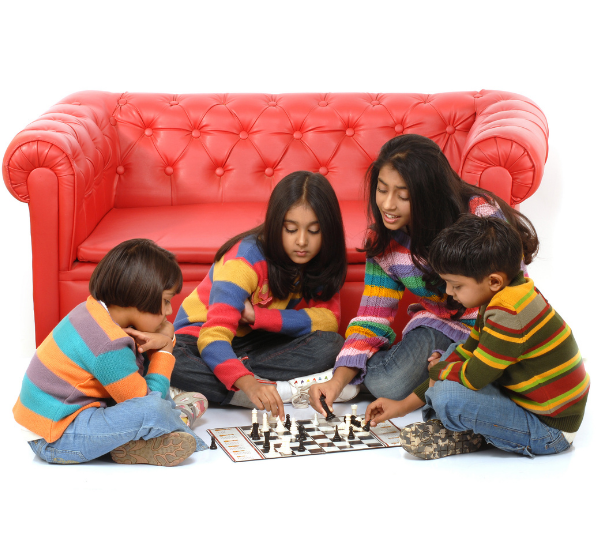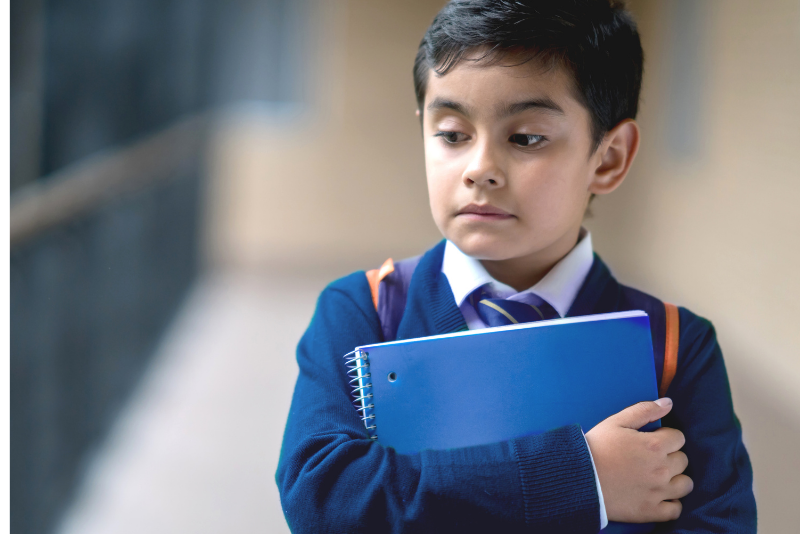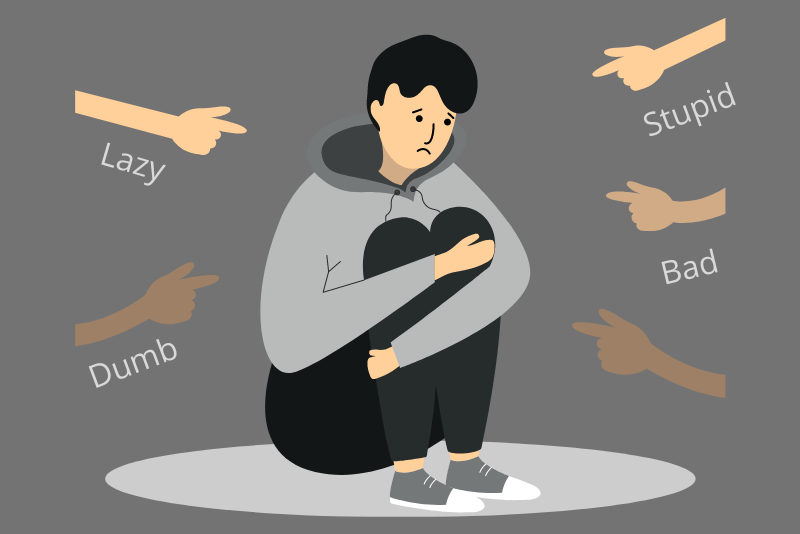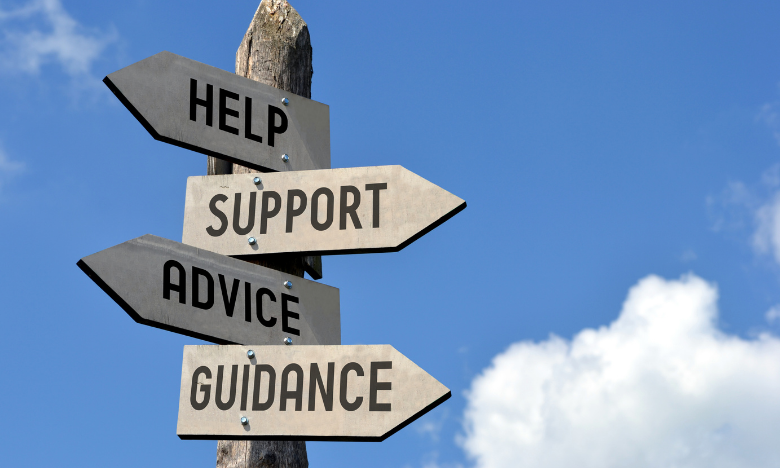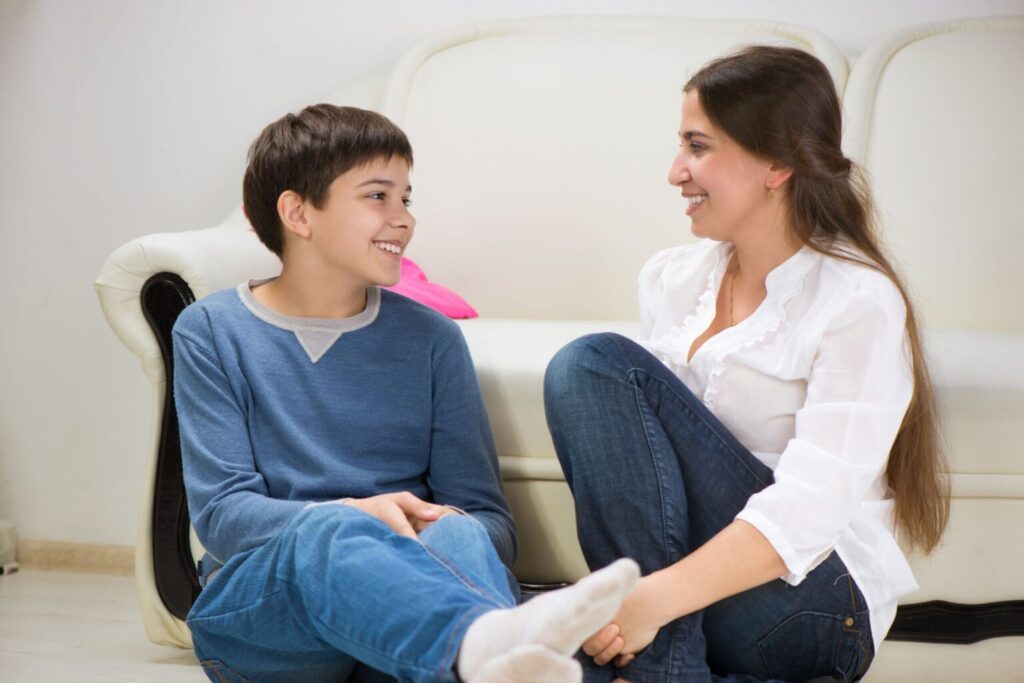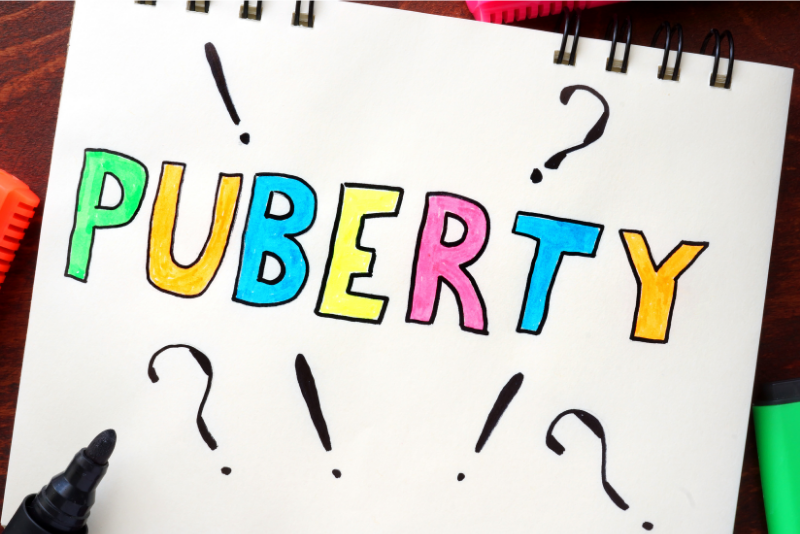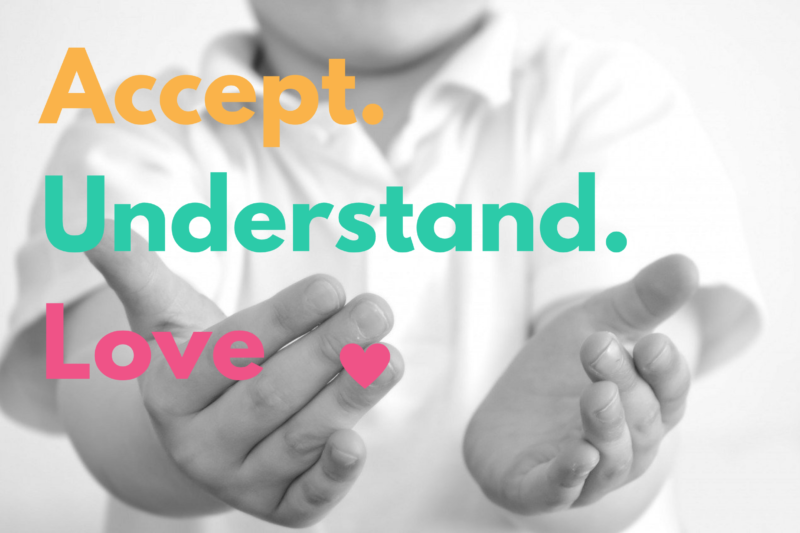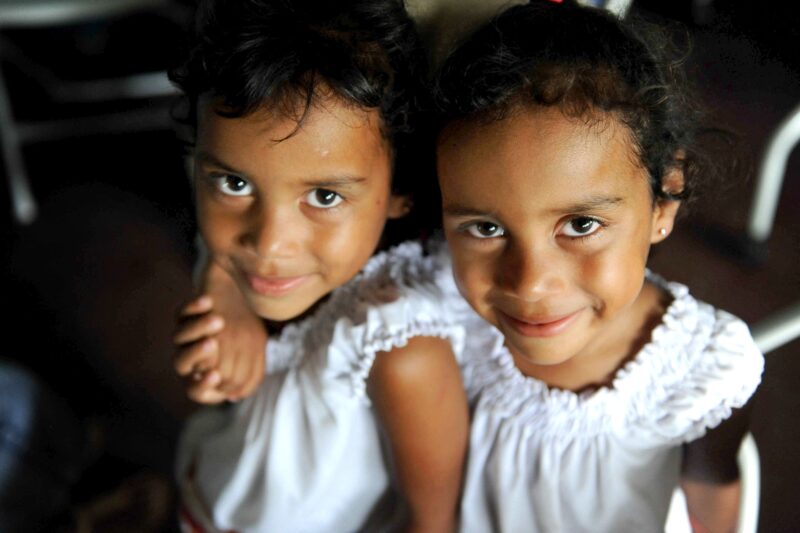Social inclusion
The UN has defined social inclusion as “The process by which efforts are made to ensure equal opportunities – that everyone, regardless of their background, can achieve their full potential in life.” Social inclusion is multi-dimensional. It means that all people should be accepted for who they are, have valued roles in society, participate in social activities, and have meaningful relationships with others.
Children with learning disabilities are often socially isolated, as they struggle with specific social, emotional, and behavioural skills that help children fit in society. Difficulty with social and emotional skills can prevent children from forming friendships and meaningful relationships, both within and outside the family. Social inclusion for children with learning disabilities is a critical factor in ensuring that they become an active and valued member of society.
Family, especially parents, are responsible for a child’s safety, welfare, physical and psychological growth, and education throughout their growing-up years and beyond. Within the family, children can get their first lessons in building relationships with parents, siblings, grandparents and other family members.
Outside the family, friends are one of the first significant relationships your child develops on their own. Forming and maintaining friendships is a big part of a child’s life, and it has a substantial effect on their social development. This section discusses aspects of this social development, challenges faced by parents, ways to meet these challenges, and related issues.
Social and Emotional Skills
Challenges with social communication
Children who struggle with social communication may not fully comprehend or pick up on social cues. Social cues, such as our facial expressions, body language, voice pitch and tone, how we stand etc., are an essential part of how we communicate, along with words.
How to empower your child’s social skills
Children with learning disabilities and ADHD face significant challenges while navigating everyday social interactions.
Building emotional intelligence in your child
Emotion and social development go hand in hand and are just as important as academic and life skill development. Knowing how and when to express appropriately and acknowledging one’s feelings and regulating them are essential skills
Social-emotional well-being at school
Challanges at school
Struggle with learning, and experiences of failure can often impact a student’s self-worth. It is particularly true for students with learning disabilities.
Potential impact of these challanges
Negative experiences in school, both academically and socially, may often affect a child’s social and emotional well-being and lead to anger, depression, anxiety and other related disorders.
Supporting social-emotional needs in school
Alongside academics, students' social and emotional well-being needs to be a priority and doing so requires purposeful consideration and intervention.
The Teenage years
Help them understand
Teenagers with learning disabilities generally struggle with their self-image, as they are more aware of their learning difficulty than their younger selves. Low self-esteem in teenagers can lead to feelings of embarrassment, failure, and worries about the future.
Gear towards sucess
Once your teen has accepted their diagnosis, your role as parents is to make sure that you gear them towards success in life. Achieving success in a traditional setting might be difficult, but it is not impossible.
Puberty and teenage
Children with learning disabilities and ADHD go through the same biological process as their peers during puberty but the physical and emotional changes that come with puberty are likely to be magnified and harder to handle.
Social-emotional well-being at home
Accepting your child
Once diagnosed, the first and foremost thing you can do as a parent is to accept that your child has learning disabilities or ADHD. Many parents are unable to accept this fact and feel overwhelmed by the situation.
Relationship with siblings
Siblings spend more time with each other in childhood than anyone else, apart from their parents. More importantly, siblings tend to stay in their sister/brother's life longer than even parents.
Handling meltdowns
Once diagnosed, the first and foremost thing you can do as a parent is to accept that your child has learning disabilities or ADHD. Many parents are unable to accept this fact and feel overwhelmed by the situation.
